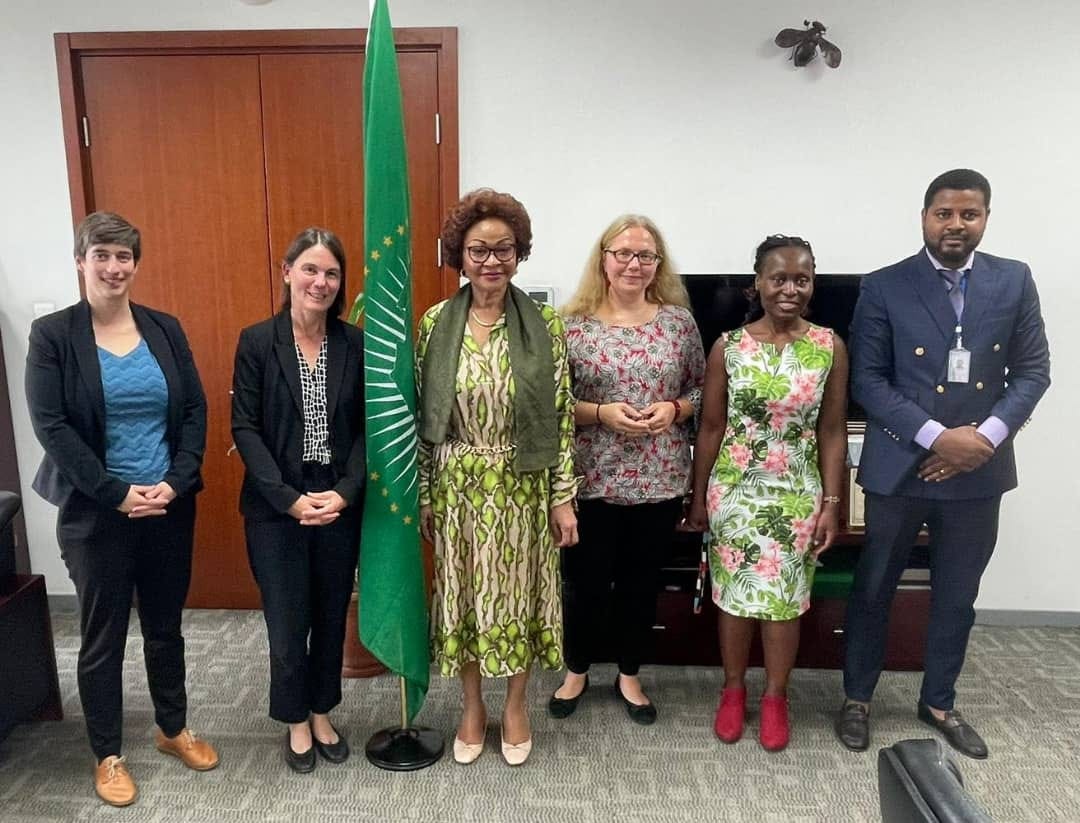GO GREEN - AU Commissioner Sacko advocates for green economic growth and climate action
New financial architecture is advocating for environmental, social, and governance considerations in investment decisions, aiming for longer-term green innovations and sustainable development

LUANDA, Angola (Planet Defence) - Josefa Correia Sacko, the African Union Commissioner for Rural Development and Blue Economy, emphasized the significance of green economic growth in enhancing human well-being, social justice, and mitigating environmental risks writes Jose Fucato in Luanda, Angola.
Speaking at the Pan-African Forum for a Culture of Peace in Africa-Bienal de Luanda, dedicated to education as a tool for Agenda 2063, Sacko stressed the imperative focus on green innovation, decarbonization, green trade, resource efficiency, and social inclusion to achieve these goals.
She highlighted the importance of the new financial architecture for sustainable development, advocating for environmental, social, and governance considerations in investment decisions, aiming for longer-term investments in sustainable economic activities and projects.
Regarding education as a transformative tool for addressing climate challenges and implementing Agenda 2063, Sacko noted the essential role of environmental education in creating resilience and a decarbonized development model.
"Africa, despite not historically contributing to greenhouse gas emissions, is disproportionately affected by climate change. Urgent collective action is needed to limit global temperature rise according to the Paris Agreement," Sacko emphasized, referring to the Intergovernmental Panel on Climate Change's sixth assessment report.
Sacko highlighted the commitment of African Heads of State, recognizing the urgency for collective action against climate change. The African Summit on climate change aimed to combat biodiversity loss, deforestation, desertification, and restore degraded land, including implementing the Abidjan Declaration.
Furthermore, the summit emphasized promoting green industrialization, prioritizing energy-intensive industries and renewable energy deployment to leverage Africa's natural resources.
"To drive inclusive ecological transition, invest in retraining, increase agricultural incomes, implement the African Union's Biodiversity Strategy and Action Plan, and boost renewable energy funding to at least 20% by 2030," Sacko urged, stressing the importance of global support.
Sacko also called for increased international support to bolster Africa's renewable energy production capacity, combat energy poverty, and ensure equitable global trade mechanisms for African products.
The African Climate Summit in Nairobi convened African leaders, global organizations, and stakeholders, underlining the need for collective action in alignment with the principles of the United Nations Framework Convention on Climate Change and the Paris Agreement.
The urgent collective action agenda at both continental and global levels underscored equity, differentiated responsibilities, and respective capacities as crucial principles.


